
Red mud powder processing technology
.jpg)
Technologies for recovery of iron from red mud
2024年9月1日 Various methods including physical (ie, gravity separation, magnetic separation, and flotation), chemical, and hydrometallurgy (ie, acid leaching), pyrometallurgy have been 2024年4月25日 This paper reviews a largescale and harmless treatment method for highiron red mud (HRM) that involves recovering iron from HRM using pyrometallurgy and utilizing the The harmless and valueadded utilization of red mud: 2024年5月10日 Aluminium plants generate a substance identified as red mud, which is an alkaline atrophy product As the aluminium industry expands, the accumulation of red mud has Red mud: Characteristics, utilization, and environmental 2024年1月26日 Researchers want to extract iron from red mud, which is the waste product of aluminum production and a growing environmental hazard Aluminum is vital for making lightweight cars, beverage cans, and kitchen A way to turn red mud into green steel
.jpg)
Hydrometallurgical Recycling of Red Mud to Produce
2021年8月2日 Preprocessing of red mud is performed with mild HCl washing to separate alkali fractions The leaching mechanism and optimized process parameters are elucidated based 2019年12月25日 During the red mud segregation roasting process, sodium sulfate reacts with alumina, silica, etc to form sodium silicate and sodium aluminosilicate, which inhibits the Iron Extraction from Red Mud using Roasting with Sodium Salt2022年5月24日 Projects can initially build the plant to process red mud feedstocks while profitable; processing red mud via ER may allow for maturation of the technology as the Preliminary Economic Analysis of Red Mud Valorization via 2022年5月23日 There are three main processes for producing aluminum hydroxide, including the sintering method, the Bayer method, and the combined method Among them, the aluminum hydroxide produced by the Bayer method Iron Recovery Technology of Red Mudmdash;A
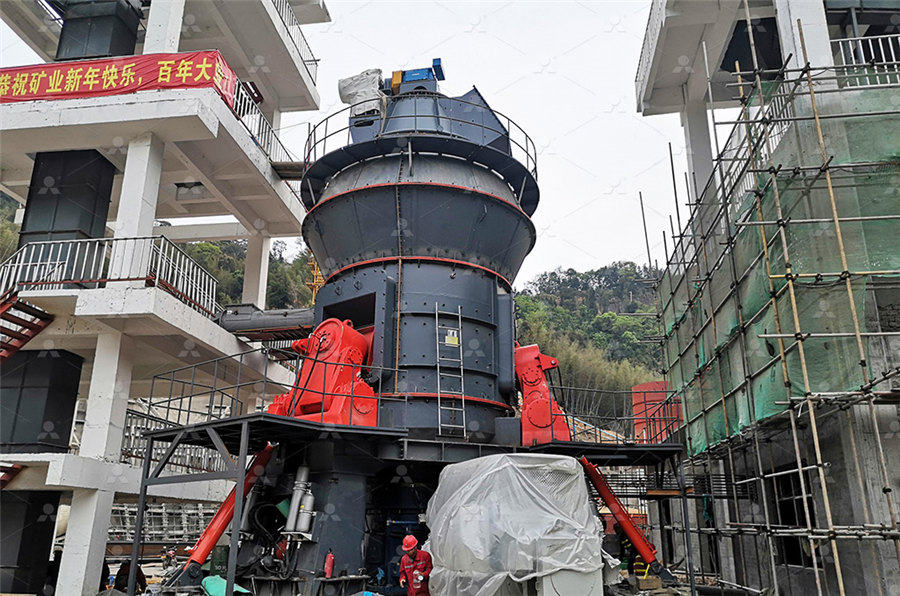
Zapping ‘red mud’ in plasma turns mine waste
2024年1月25日 Over the years, mining for aluminum has left behind billions of tons of the caustic sludge called red mud But today in Nature, scientists report that a simple chemical process can extract another useful metal, iron, from 2024年5月10日 The geopolymerization procedure entangles a chemical interaction betwixt red mud and an alkaline metal silicate solution in highly alkaline surroundings This process results in the formation of a polymeric structure, ranging from amorphous to semicrystalline, effectively bonding the discrete particles of red mud and converting the original Red mud: Characteristics, utilization, and environmental 2021年3月20日 The yield of red mud varies with the composition of bauxite and the processing technology The Bayer process discharges 08–15 ton of red mud per ton of alumina produced, but each ton of alumina produced by the sintering or combined process emits 15–25 ton red mud (Liu et al, 2014)Comprehensive utilization status of red mud in China: A 2021年8月2日 Red mud is a polymetallic waste generated during Bayer's process of alumina production High alkalinity (pH > 11), multiple elements, and micronsized particles make red mud recycling energyintensive and challenging The following work presents a hydrometallurgical flowsheet for separation of different red mud elements and recovery of high purity Fe (II) Hydrometallurgical Recycling of Red Mud to Produce
.jpg)
Red mud recycling the challenge of industrial waste circular
2022年5月23日 Ore processing techniques can be used to enrich valuable constituents or remove unwanted constituents for efficient resourcing of red mud prior to subsequent pyro and hydrometallurgical processing The ore beneficiation process as a physical separation has potentially significant economic, environmental and metallurgical benefits2024年4月25日 Approximately 1 to 2 tons of hazardous RM are discharged for each ton of alumina produced [1]RM is growing at a rate of approximately 180 million tons per year, and its stockpile has exceeded 4 billion tons, posing a serious threat to the ecological environment [2]In China, the inventory of RM has exceeded 13 billion tons, of which approximately 520 million The harmless and valueadded utilization of red mud: 2022年5月23日 RM (red mud), which comes from the Bayer process, has a huge annual output and is harmful to the environment Because of the high iron content in RM, the process of iron recovery from RM can (PDF) Iron Recovery Technology of Red Mud—A Review2021年10月15日 CaF 2 is also an effective additive in the reduction roasting of red mud, it can reduce the melting point and viscosity of solid reaction products in the reduction process, optimize the heat and mass transfer conditions in the reduction process, which is conducive to the mutual diffusion between ions and the growth and enrichment of iron grains Characteristic, hazard and iron recovery technology of red mud
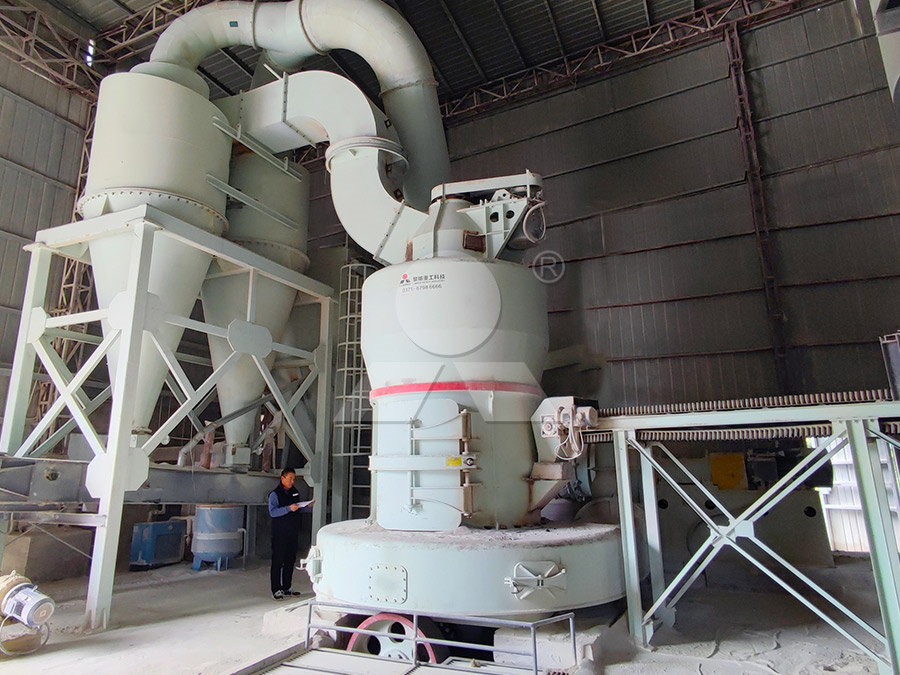
Toward sustainable green alumina production: A critical
2023年4月1日 Over the past few decades, researchers developed many methods for the utilization of red mud [14], [15]Therefore, red mud was considered valuable materials for wideranging applications, including as an adsorbent for removing heavy metals from aqueous solution [16], [17], catalyst manufacture [18], [19], and gas purification [20], [21]Furthermore, lots of 2024年10月1日 It has been demonstrated that red mud is composed of components derived from the bauxite residue, in addition to other materials introduced during the refining process Red mud is primarily composed of iron, aluminum, titanium, and other precious metals, as well as other trace elements of rare earth elements and rare earth metals, which exhibit Properties, hazards and valuable metal recovery technologies of red mud 2024年10月20日 A strongly alkaline waste byproduct known as bauxite residue is formed during the alumina refining process (Lyu et al, 2021)Typically, the stacked bauxite residue exhibits strong alkalinity (pH range from 100 to 125) (AgatziniLeonardou et al, 2008), high salinity (exchangeable sodium percentage values ranging from 53 % to 91 %)(Jiang et al, 2023a)Bauxite residue (red mud) treatment: Current situation and 2022年12月26日 Red mud is generated from alumina production through bauxite digestion with caustic soda Ma’aden aluminum production estimated the abundance in a million tons as 265:1:2 for bauxite, alumina, and red mud, Innovative Applications of Red Mud: Converting
.jpg)
(PDF) Progress of Red Mud Utilization: An
2014年5月1日 Red mud is a solid waste residue of the digestion of bauxite ores with caustic soda for alumina production Its disposal remains a worldwide issue in terms of environmental concerns2024年11月13日 This review paper explores the use of red mud as a sustainable alternative for construction materials and soil stabilisation due to its unique chemical and mineral composition, a waste produced during the extraction of aluminium from bauxite ore The disposal of red mud is a major environmental issue worldwide due to its high alkalinity and large production volume Red mud utilisation for sustainable construction and soil2019年12月25日 However, when the N/S ratio increases from 03 to 05, the iron metallization efficiency increases from 7874% to 8941%, and further increasing the N/S ratio to 10 results in a dramatic Iron Extraction from Red Mud using Roasting with Sodium Salt2024年4月1日 The preparation process of OC is shown in Fig 1 Red mud powder was weighed and then washed with deionized water to remove most of the sodium ions The pH of the leachate after deionized water washing was keeping tested, when it reached 75–8, red mud was considered to be ready for useRed mudbased perovskite oxygen carrier preparation for
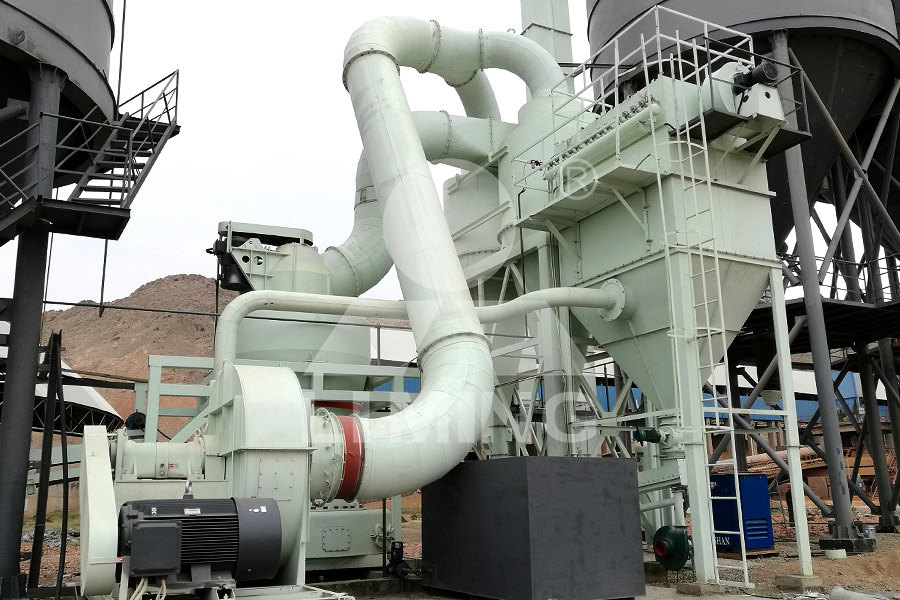
Summary of Research Progress on Metallurgical Utilization Technology
2023年5月29日 Red mud is a highly alkaline solid waste discharged in the alumina production process Because of its large amount of discharge and high alkalinity, it is mostly stored in dams, occupying a large number of land resources and posing a great safety hazard to the ecological environment The largescale consumption of red mud is a global technical problem Different 2024年9月1日 The technology of red mud in CCUS has been studied in recent years However, there is a lack of a review on the application of red mud in CCUS More carbon dioxide is absorbed with red mud by controlling process factors such as the flow rate or pressure of carbon dioxide, Raw minerals are pretreated to powder by mechanical activation Application of red mud in carbon capture, utilization and 2021年5月1日 Red mud (RM) is a waste generated from Bayer process to extract alumina at an approximately rate of 08–15 tons per ton of alumina produced, and reaches about 120 million tons/a in the world (Zhang et al, 2011; Zhu et al, 2015)As main disposal of the red mud stacking or landfill not only does certain harm to the natural environment, but also wastes precious A new route for separation and recovery of Fe, Al and Ti from red mud2023年1月19日 In this work, a collaborative strategy for the aluminum and iron industry based on red mud recycling through the hydrometallurgy method was proposed In this method, Fe3+ and Al3+ were firstly separated from the red mud by using H2SO4 as a leaching agent, which was byproduced from the sintering process of an iron and steel industry Multiple influence factors Red mud recycling by Fe and Al recovery through the
.jpg)
An Efficient Process to Recover Iron from Bayer Red Mud
2022年6月15日 We have investigated Bayer red mud with a TFe content of 2686% collected from the Pingguo area of China, and have found that iron is the key metal affecting the extraction of valuable components such as Sc, Ti, and Ga Based on this, an efficient process of roasting with calcium salt and magnetic separation has been proposed to extract iron from the Bayer New Delhi; 06 th November 2023: Vedanta Aluminium, the largest aluminium producer in India, has announced the development of a groundbreaking process to significantly reduce the generation of bauxite residue, commonly known as Vedanta Aluminium patents innovative 2017年6月1日 processing process reduced red mud produced and its alumina content Keywords Bauxite, Bayer process, Experimental design, MinimMartap, Red mud 1 Introduction Red mud is the caustic byproduct stream from alumina production via the Bayer process, often colloquially referred to as red mud or bauxite residue or Bayer process tailings [1 , 2]Decreasing Yield and Alumina Content of Red Mud by 2022年5月13日 Red mud data mining (1) Worldwide bauxite and alumina production data for the years 1970–2019 were collected from the USGS website, 18,19 and the respective amount of estimated RM generation was analyzed through rationalization and modeling (2) Considering the randomness and speculative nature of the literature data, the rate of RM generation was Red mud: An environmental challenge but overlooked
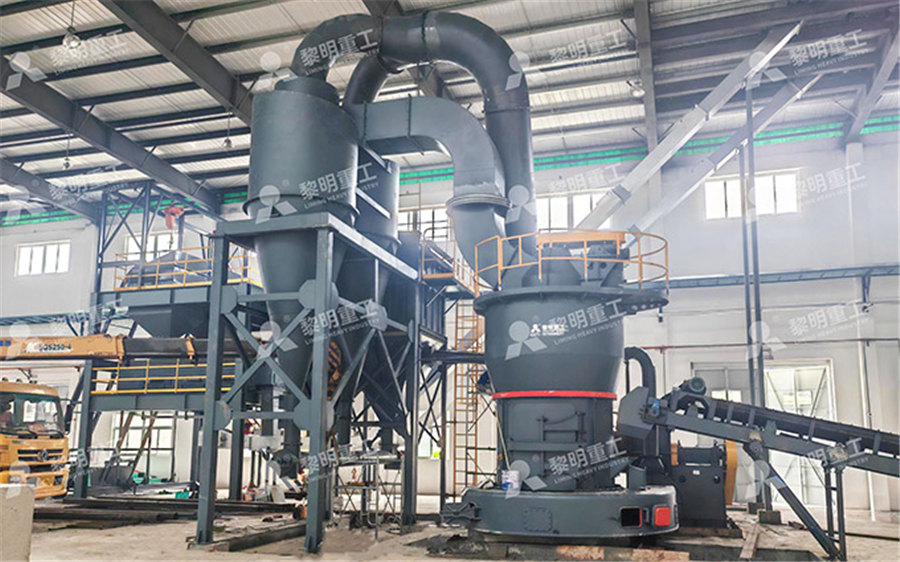
Iron Extraction from Red Mud using Roasting with Sodium Salt
2019年12月25日 Red mud is the main solid waste generated by the aluminum industry for the extraction of alumina Considering the environmental problems associated with red mud, the recovery of iron from bauxite slag is still a promising field The effect of sodium sulfate on the red mud separation roastingmagnetic separation process was studied2024年10月1日 Recent advancements in filter press technologies have favoured soda recycling and wet cake disposal of RM, creating artificial mountains of RM stacks Calcification–carbonation method for red mud processing Characteristics of red mud slurry flow in carbonation reactor Powder Technol (2017) X Li et al Accelerated carbonation of Carbon capture and mineralisation using red mud: A 2022年1月23日 Managing red mud (RM), a solid waste byproduct of the alumina recovery process, is a serious ecological and environmental issue With ~150 million tons/year of RM being generated globally, nearly 46 billion tons of RM are presently stored in vast waste reserves RM can be a valuable resource of metals, minor elements, and rare earth elements The suitability Red Mud as a Secondary Resource of LowGrade Iron: A Effect of ultrafine red mud on the workability and microstructure of blast furnace slagred mud based geopolymeric grouts Zhaofeng Li, Hao You, Yifan Gao, Chuan Wang, Jian Zhang Pages 610618Powder Technology Vol 392, Pages 1716 (November 2021
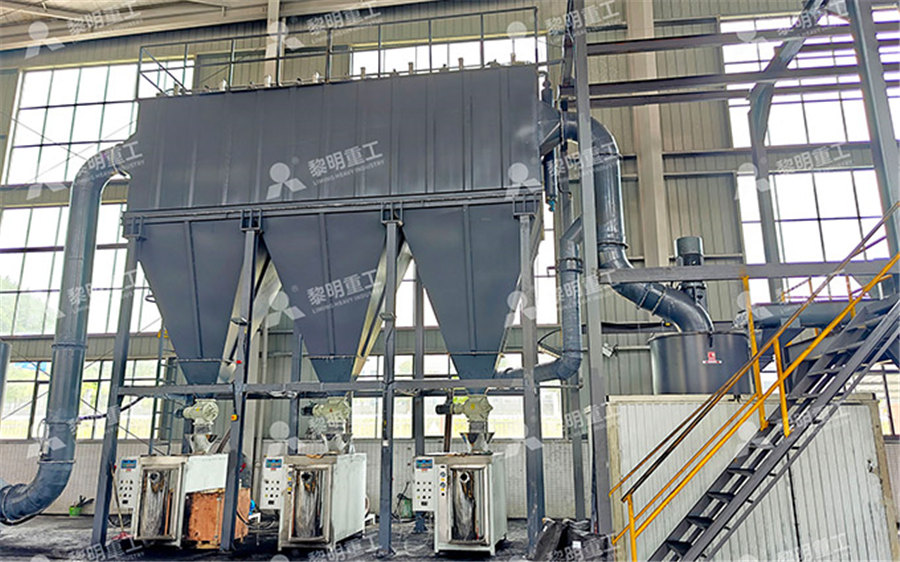
A novel process for extraction of iron from a refractory red mud
2020年9月7日 extraction valuable iron from red mud, the technology of adding sodium sulfatesegregation roasting magnetic separation to treat red mud was dev eloped During the paper, the effects of various Abstract: Red mud is a kind of solid waste produced during alumina extraction from bauxite To extraction valuable iron from red mud, the technology of adding sodium sulfatesegregation roastingmagnetic separation to treat red mud was developed During the paper, the effects of various processA novel process for extraction of iron from a refractory 2021年6月1日 Red mud is a waste generated after recovery of alumina in the Bayer process It is generally recognized as a promising technogenic feedstock due to noticeable amounts of Fe, Al, Ti, Са metals and rareearth elements [Borra et al, 2016; Khairul et al, 2019; Liu and Naidu, 2014; Paramguru et al, 2005]Each plant, producing 1 million ton of alumina, dumps 1–15 High purity scandium extraction from red mud by novel simple technology2024年5月10日 The geopolymerization procedure entangles a chemical interaction betwixt red mud and an alkaline metal silicate solution in highly alkaline surroundings This process results in the formation of a polymeric structure, ranging from amorphous to semicrystalline, effectively bonding the discrete particles of red mud and converting the original Red mud: Characteristics, utilization, and environmental
.jpg)
Comprehensive utilization status of red mud in China: A
2021年3月20日 The yield of red mud varies with the composition of bauxite and the processing technology The Bayer process discharges 08–15 ton of red mud per ton of alumina produced, but each ton of alumina produced by the sintering or combined process emits 15–25 ton red mud (Liu et al, 2014)2021年8月2日 Red mud is a polymetallic waste generated during Bayer's process of alumina production High alkalinity (pH > 11), multiple elements, and micronsized particles make red mud recycling energyintensive and challenging The following work presents a hydrometallurgical flowsheet for separation of different red mud elements and recovery of high purity Fe (II) Hydrometallurgical Recycling of Red Mud to Produce 2022年5月23日 Ore processing techniques can be used to enrich valuable constituents or remove unwanted constituents for efficient resourcing of red mud prior to subsequent pyro and hydrometallurgical processing The ore beneficiation process as a physical separation has potentially significant economic, environmental and metallurgical benefitsRed mud recycling the challenge of industrial waste circular 2024年4月25日 Approximately 1 to 2 tons of hazardous RM are discharged for each ton of alumina produced [1]RM is growing at a rate of approximately 180 million tons per year, and its stockpile has exceeded 4 billion tons, posing a serious threat to the ecological environment [2]In China, the inventory of RM has exceeded 13 billion tons, of which approximately 520 million The harmless and valueadded utilization of red mud:
.jpg)
(PDF) Iron Recovery Technology of Red Mud—A Review
2022年5月23日 RM (red mud), which comes from the Bayer process, has a huge annual output and is harmful to the environment Because of the high iron content in RM, the process of iron recovery from RM can 2021年10月15日 CaF 2 is also an effective additive in the reduction roasting of red mud, it can reduce the melting point and viscosity of solid reaction products in the reduction process, optimize the heat and mass transfer conditions in the reduction process, which is conducive to the mutual diffusion between ions and the growth and enrichment of iron grains Characteristic, hazard and iron recovery technology of red mud 2023年4月1日 Over the past few decades, researchers developed many methods for the utilization of red mud [14], [15]Therefore, red mud was considered valuable materials for wideranging applications, including as an adsorbent for removing heavy metals from aqueous solution [16], [17], catalyst manufacture [18], [19], and gas purification [20], [21]Furthermore, lots of Toward sustainable green alumina production: A critical 2024年10月1日 It has been demonstrated that red mud is composed of components derived from the bauxite residue, in addition to other materials introduced during the refining process Red mud is primarily composed of iron, aluminum, titanium, and other precious metals, as well as other trace elements of rare earth elements and rare earth metals, which exhibit Properties, hazards and valuable metal recovery technologies of red mud
.jpg)
Bauxite residue (red mud) treatment: Current situation and
2024年10月20日 A strongly alkaline waste byproduct known as bauxite residue is formed during the alumina refining process (Lyu et al, 2021)Typically, the stacked bauxite residue exhibits strong alkalinity (pH range from 100 to 125) (AgatziniLeonardou et al, 2008), high salinity (exchangeable sodium percentage values ranging from 53 % to 91 %)(Jiang et al, 2023a)













